Category: Printing
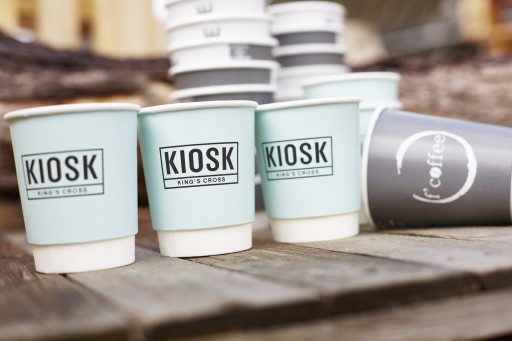
Blaine Hurts, president and incoming CEO as of 2018, Panera said that 2018 is the "Year of the Guest"; indeed, guests are more savvy today, and demand not just quality but more options and preferences today, and thus, the fast food market is going to see innovation and serious competition, and that is what the ancillary industry thrives on. Scyphus are pretty upbeat about this trend.
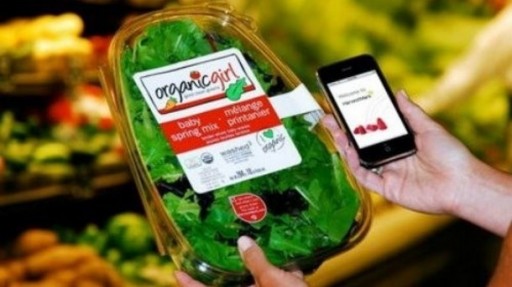
Active Packaging, Smart Packaging or Intelligent Packaging refers to the Packaging of Food and Pharmaceuticals with programmable, smart packaging material. Intelligent Packaging can actively and intelligently alter the inner atmosphere of a package to maintain freshness, prevent corrosion, and at the same time provide information on the quality of the food and its freshness to the consumer.
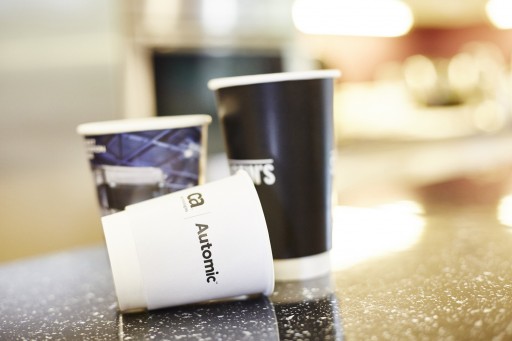
Coffee has evolved from the morning caffeine fix to a fine experience akin to good wine. In the UK, experts indicate this to be the 'third wave' in the coffee industry, where the English coffee enthusiast is moving from a simple cup of coffee to a more eclectic gourmet coffee.

Popcorn Boxes have evolved beyond the cinema and have become a favourite of event organisers and fast food joints alike. The primary reason, that these personalised popcorn boxes are becoming the preferred container over the erstwhile popular popcorn tubs, is the ease of storage and flexible printing options, and to top that, it's cost effective too.
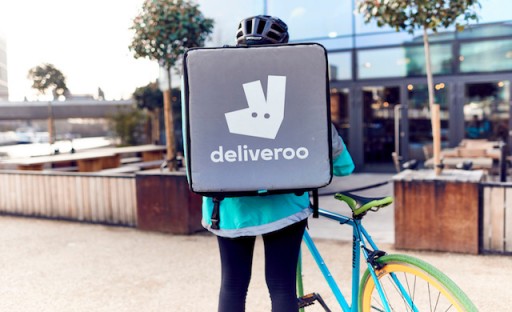
Just like takeaway, which caters to fast food enthusiasts, a new dining culture is taking over. It's the 'home delivery' culture, online food delivery services, or direct from restaurant, home delivery of fine dining is in vogue in UK. Restaurants are gearing up with high-quality branded boxes, paper cups, pots & bags to extend their brand impression beyond the restaurant, to your dining table.

Paper cups as a medium of communication, conscious and subliminal messaging discussed by Scyphus Director Steve Morris
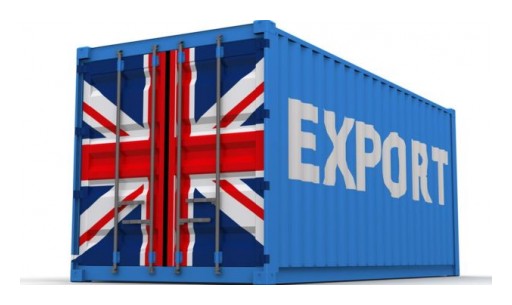
Scyphus has been writing about Brexit and its effect on SME and Industry in General, particularly because Britain not being a major manufacturing country, they now revisit the effect of Brexit on an economy that has shifted over the years vastly from a manufacturing to a service-driven economy. In 1948, British industry accounted for 41% of the British economy. By 2013, it was just 14%.


